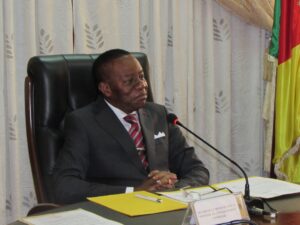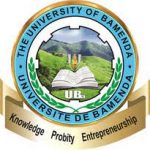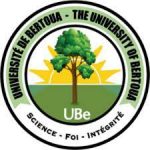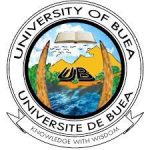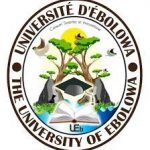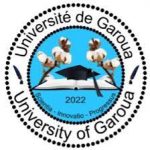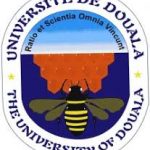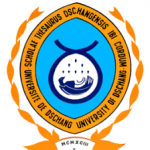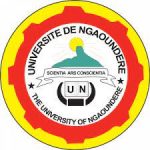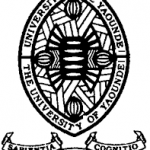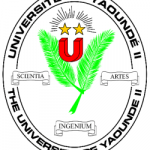THE FUTURE OF HTTC AND HTTTC GRADUATES: THE STATE CATERS FOR ITS OWN, IN EQUITY AND RATIONALITY
1- Inappropriate Communication
Democracy induces the rational management of public opinion accompanied by appropriate answers to the questions that it legitimately asks. The inappropriate dissemination, via social networks, of the joint correspondence signed on May 19, 2022 and addressed to the Minister, Secretary General of the Prime Minister’s Services, by the Minister of State, Minister of Higher Education and the Minister of Public Service and Administrative Reform has raised some worries to which it is appropriate to provide specific answers, about the future of graduates of the eight Cameroonian HTTCs and HTTTCs.
2- Is it a decision or a proposal?
It is a joint proposal of two members of the Government submitted to the High Sanction of their Hierarchical Superior. No decision has yet been made. Only the Hierarchy is empowered to take such action. Its directives will be applied immediately by the two Ministers who each remain in their area of competence (rigorous and coherent training on the one hand, administrative integration on the other). 3- Shall the graduates be dumped in the Lion’s den ?
No ! The State holds the graduates of the HTTCs and HTTTCs as the apple of its eye. It takes all necessary measures so that their future is hardly in ruins. Direct competitions for integration into the public service are not like a lion’s den. Equity, Rationality and State constraints are taken into account.
4- What is the meaning behind the date « 2023 » indicated in the said correspondance ?
– The students currently in training in the eight HTTCs and HTTTCs of Cameroon will normally be integrated into the public service because they were admitted following the quotas fixed by the Prime Minister, Head of Government, relating to the entrance examinations organized by the Ministry of Higher Education (with, in the admission juries, representatives of the Ministry of Public Service and Administrative Reform, the Ministry of Secondary Education and Universities).
– The two members of the Government suggests that the students who will be admitted in 2022 to the eight HTTCs and HTTTCs shall also be integrated into the public service. Hence the date “2023” which relates to the eventual application (if the Hierarchy agrees) of the suggested measures. “2023” concerns the date of entry into the 1st year of the first cycle (Bac/GCE AL) and into the 1st year of the second cycle (Bachelor/Bachelor).
– The graduating year envisaged by the suggested measures would therefore take place, respectively, in 2026 and 2025 (dates on which the graduates would, if necessary, be submitted to the various integration competitive exams, if the MINESUP-MINFOPRA proposal is approved by the Hierarchy).
5 – Why is the status quo not suggested ?
– Because, according to the regulations in force, the Ministry of Public Service and Administrative Reform is responsible for the integration of State personnel into the Cameroonian civil service.
– From a regulatory point of view, the integration of Higher Education graduates falls within its remit, while training depends on the Ministry of Higher Education (through the eleven State Universities and the 400 Private Institutes of Higher Education).
– In the event where the suggestions referred to above would be credited with the High Agreement of the Hierarchy, the Ministry of the Public Service and Administrative Reform would regain all of its statutory prerogatives and the Ministry of Higher Education would maintain its scientific and heuristics missions that it has always been able to preserve (quality assurance, scholarly knowledge, practical knowledge, know-how, innovation, employability of graduates, professionalization and digitization of teaching).
6- Scientific missions
– Moreover, this is a process that began a few years ago with the organisation, by the Ministry of Public Service and Administrative Reform, of direct competitive exams for integration into the civil service concerning graduates in agronomy, communication, medicine (since 2020), etc., whereas previously, they were all integrated into the civil service without direct competitive exams, organized by the Ministry of Public Service and Administrative Reform.
– Thus, a « de facto » situation (automatic recruitment of graduates from the Major Higher Education Schools, in this case, the graduates of the eight HTTCs and HTTTCs) would slide towards a « de jure » normalization (recruitment of the said graduates through an integration competitive exams in the public service), as required by the regulations.
7- Supply and demand
By continuing to train “well-made heads” with rigor and method, Higher Education offers the Nation (public, Para public and private sectors) competent, competitive and creative graduates. It thus fulfills its sovereign function (teaching, research, outreach activities). It is a Promethean and global mission which goes beyond the restricted framework of the public service to extend to all the compartments of the Nation: they need an attractive offer in quality human resources, as well as, as it has always been recommended by His Excellency Paul BIYA, President of the Republic, Head of State. Download the press release
Jacques FAME NDONGO



